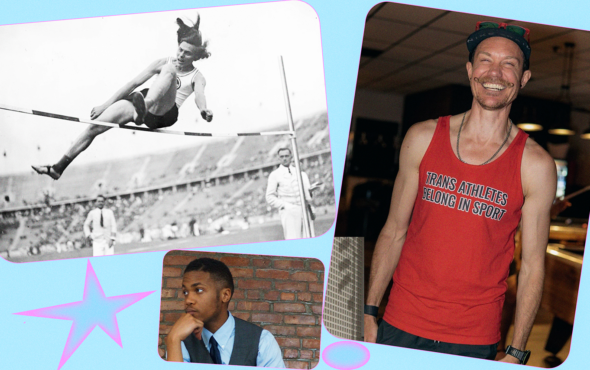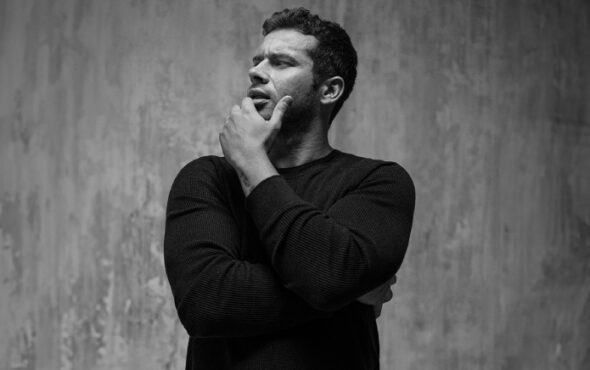In a blow to LGBTQ+ rights, the Supreme Court has ruled in favour of the Catholic Social Services (CSS) in regards to an anti-discrimination case.
On Thursday ( 17 June), the court ruled that a Catholic adoption agency was able to renew its contract with the city of Philadelphia even after it violated city law by refusing married LGBTQ+ couples from adopting.
The court unanimously agreed that the city violated CSS’s rights but was divided on the reasoning with a six to three split.
Writing for the six justice’s, Chief Justice John Roberts discussed the reasoning behind the court’s decision.
“CSS seeks only an accommodation that will allow it to continue serving the children of Philadelphia in a manner consistent with its religious beliefs; It does not seek to impose those beliefs on anyone else,” he said.
The controversial decision comes after a lengthy battle between the Catholic Social Services and the city of Philadelphia. Before the case, the city was using the services of the CSS but once it was revealed that they wouldn’t re-home children to same-sex couples, the city terminated their contract.
CSS ended up suing the city, stating that allowing same-sex couples to adopt would violate its views on religious teachings about marriage. Before heading to the Supreme Court, lower federal courts ruled in favour of Philadelphia, which said the city was properly enforcing its anti-discrimination laws.
In light of the case’s decision, conservative judges and religious freedom activists were hoping that the 1990 decision on the Employment Division v Smith case would also be overturned.
In that ruling, the court concluded that “generally applicable” laws that are enforced neutrally are not unconditional even if it impacts a religious group or person.
Samuel Alito, one of the conservative judges on the court, wrote a 77-page jeremiad in support of overruling the 1990 decision.
Since the result was announced, queer activists have spoken out against the court’s decision with some fearing this could impact LGBTQ+ rights in the future.
Alphonso David, Human Rights Campaign President, released a statement regarding the decision stating that there is more work to be done.
“Though today’s decision is not a complete victory, it does not negate the fact that every qualified family is valid and worthy – children deserve a loving, caring, committed home,” he said.
Ronald E. Ritcher, the CEO and executive director of JCAA, also expressed his disappointment with the court’s ruling.
“Today’s decision to allow private agencies that receive tax dollars to provide government services to discriminate against LGBTQ+ families like mine is devastating for the human rights of people who identify as LGBTQ+,” he said.
According to research from the Human Rights Campaign, LGBTQ+ youth are “over-represented” in the foster care system. This means that there is a higher percentage of LGBTQ+ youth in the foster system than LGBTQ+ youth in the general population.
With these statistics, many LGBTQ+ activists worry about the emotional and traumatizing impact that this decision could have on children placed in foster care going forward.




